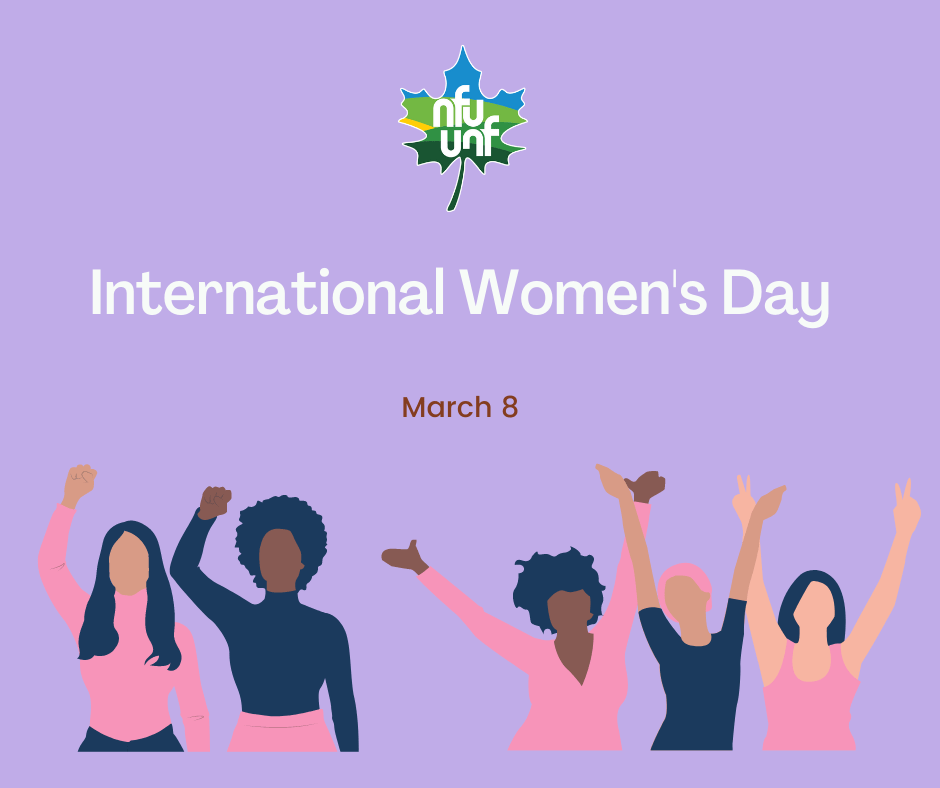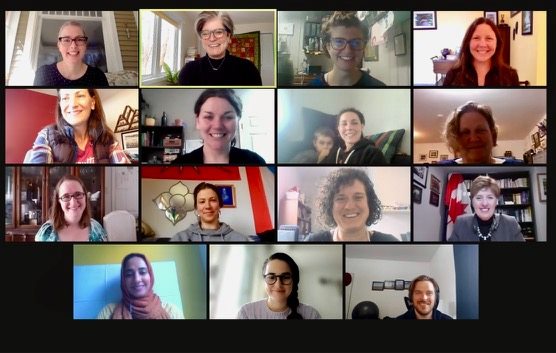Women grow much of the world’s food, often on small scale farms and often to feed our own local communities, but too often the word farmer is associated with men. The theme for this year’s International Women’s Day is Break the Bias. Under this theme we are all asked to imagine and work towards a world free of bias, stereotypes and discrimination. We are asked to come together to create a diverse, equitable and inclusive world where difference is valued and celebrated.
To Break the Bias, we as women farmers need our stories and experiences told and shared, not just among ourselves but with the wider community. We need to hear and celebrate the stories of a diversity of women farmers and food growers, including from those of us who are part of BIPOC and 2SLGBTQ+ communities.
But we are aware that increasingly in Canada and around the world, the journalists who can help us Break the Bias by learning about and better understanding each other as well as the power struggles and structures which aim to maintain the bias, are facing intimidation, abuse and harassment. In Canada in the last few months, we have seen female photojournalists, reporters and opinion writers arrested, subjected to online hate and threats of violence, and sent death threats. Around the world women journalists and journalists from Black, Indigenous, and People of Colour (BIPOC) and 2SLGBTQ+ backgrounds are too often subjected to intimidation, online harassment and threats of violence. Journalists from diverse backgrounds have important experience when it comes to understanding and sharing our diverse stories and experiences. As women farmers and women from rural communities our stories and experiences are already too often not told and too often deemed unimportant.
As we strive to Break the Bias, on this International Women’s Day, we are calling on each of us to speak out against the initimidation, online harassment and threats of violence against women jounalists in Canada and around the world. The National Farmers Union (NFU) is calling for support for a diversity of women journalists across alternative and mainstream media, in the hope these women will help us tell our stories as women farmers and food growers committed to food sovereignty.

(This article by Ann Slater was first published on the NFU website)

